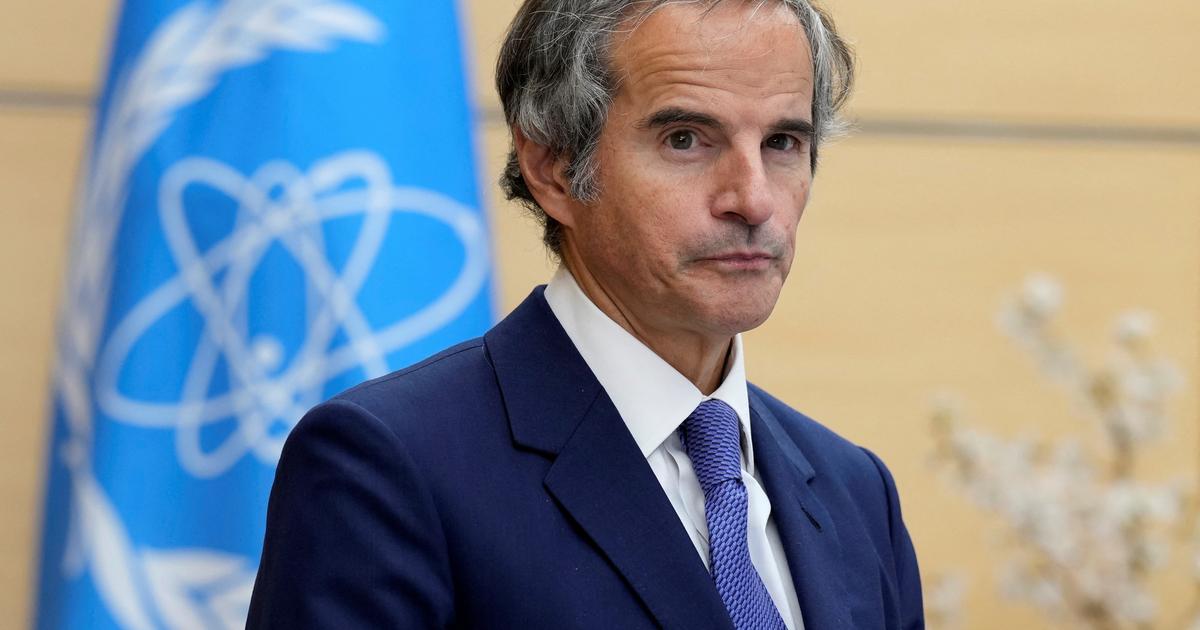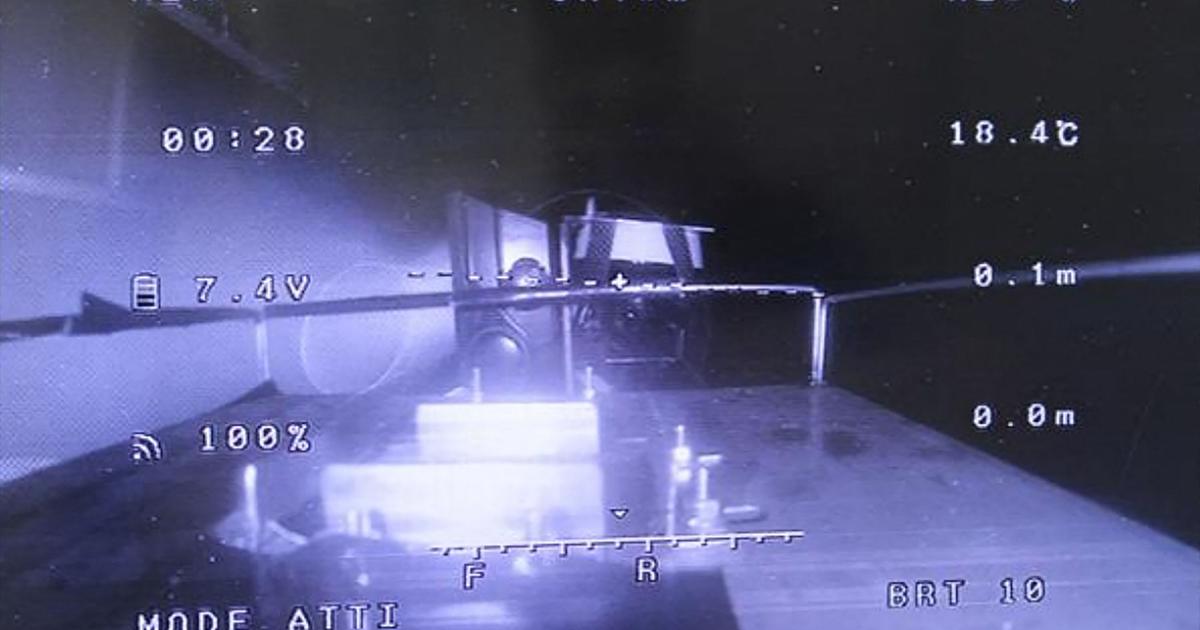Seven years that Japan has wondered how to get rid of water from the Fukushima nuclear power plant.
About 1.25 million tonnes of contaminated water are currently stored in more than a thousand cisterns near the nuclear power plant that crashed ten years ago in northeastern Japan.
Japan will therefore discharge into the sea, after treatment, water from the damaged nuclear power plant in Fukushima (northeast), Prime Minister Yoshihide Suga announced on Tuesday, despite the opposition encountered by this project.
The water will be rejected "after making sure that it is at a level (of radioactive substances, editor's note) clearly below safety standards," said Mr. Suga, adding that the Japanese government would take "measures" to prevent this from damaging the reputation of the region.
The water intended to be released in this operation, which should take several years, has been filtered several times to be free of most of its radioactive substances (radionuclides), but not of the tritium, which cannot be eliminated with the current techniques.
READ ALSO>
Fukushima: 10 years after the nuclear accident, endless decontamination
This option, favored to the detriment of other scenarios, such as evaporation in the air or sustainable storage, is particularly strongly contested by the fishermen and farmers of Fukushima who fear that this will further degrade the image of their products among consumers. consumers.
"We are taking this decision seriously," said Tomoaki Kobayakawa, the boss of Tepco, the operator of the damaged nuclear power plant, on Tuesday.
"We will take measures to prevent harmful rumors from circulating" against local agriculture, forestry, fishing and tourism, he added.
"The management of contaminated water is an issue that cannot be avoided" as part of the reconstruction in Fukushima, Mr. Suga told reporters last Wednesday after his meeting with the leader of the federation of cooperatives. fishing company, strongly opposed to the project.
China's serious concerns
The government "told us that it would not throw water
(in the sea, editor's note)
without the support of the fishermen", declared to the public television channel NHK Kanji Tachiya, head of a local fishing cooperative. in Fukushima, Tuesday morning before the announcement of the decision.
"Now they are coming back to it and telling us that they are going to reject the water, it is incomprehensible", he added.
Morning essentials newsletter
A tour of the news to start the day
Subscribe to the newsletterAll newsletters
VIDEO.
Fukushima: 10 years later, she returns to see her abandoned house
Neighbors of Japan, with whom Tokyo maintains stormy relations amid historic disputes, also expressed their dissatisfaction, China having communicated Monday its "serious concerns" and called on Japan to "be careful" in the elimination of the contaminated water.
South Korea has expressed its "deep concern" over the Japanese decision to dump the contaminated water.
In early 2020, experts commissioned by the government recommended dumping at sea, a practice that already exists in Japan and abroad on active nuclear installations.
Tritium is only dangerous to human health in very high doses, according to experts.
The International Atomic Energy Agency (IAEA) also advocates the option of dilution at sea.
The environmental organization Greenpeace, however, has called for continuing to store the water until the technology allows it to be completely decontaminated.
"The decision to dump contaminated water into the ocean is going to leave huge problems for the future," Greenpeace said in a statement Monday.









/cloudfront-eu-central-1.images.arcpublishing.com/prisa/S7ERVSCT4FUVX6R7TUVBDNTH5Y.jpg)


